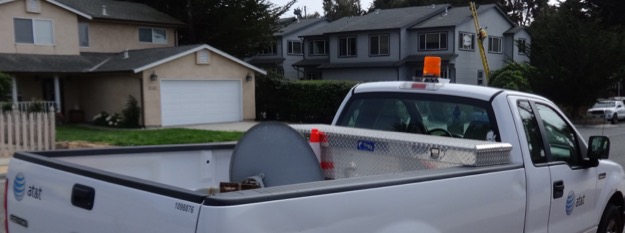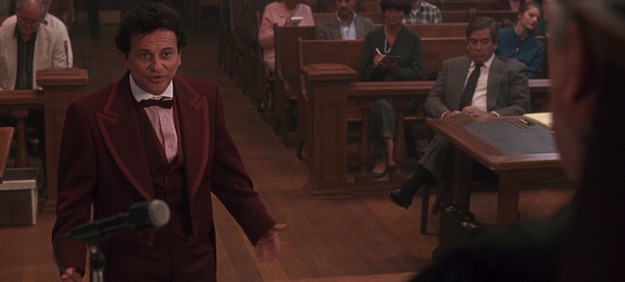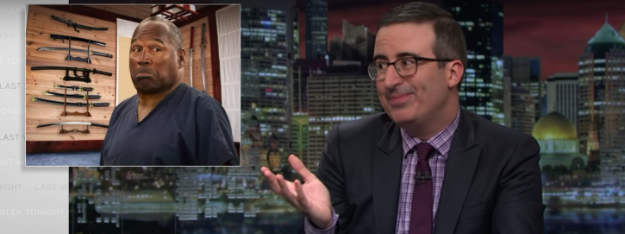Money lost on pole rentals is your problem, senators tell California cities

Cities and counties will have to figure out how for themselves how to make up any losses they suffer if senate bill 649 becomes law. That’s the conclusion of a state senate appropriations committee analysis, ahead of a hearing on the measure last week. SB 649 would effectively give mobile carriers open access to city-owned property, such as light poles, at pre-determined, cut rate prices. As it currently reads, instead of charging wireless companies up to $4,000 or more a month in rent, cities could only charge rates set by legislature…
… MoreCities and counties currently negotiate lease rates for small cell attachments on publicly owned vertical infrastructure that is market based, and many local governments may use excess lease revenues to pay for other public services or to subsidize the extension of wireless service in underserved areas.



![Coolcaesar at the English language Wikipedia [GFDL (https://www.gnu.org/copyleft/fdl.html) or CC-BY-SA-3.0 (https://creativecommons.org/licenses/by-sa/3.0/)], via Wikimedia Commons](https://www.tellusventure.com/images/2017/5/gonzales_tower.jpg)
![By 401(K) 2012 [CC BY-SA 2.0 (https://creativecommons.org/licenses/by-sa/2.0)], via Wikimedia Commons](https://www.tellusventure.com/images/2017/5/piggy_bank.jpg)

![Chris Fox [CC BY-SA 2.0 (https://creativecommons.org/licenses/by-sa/2.0)], via Wikimedia Commons](https://www.tellusventure.com/images/2017/5/steam_train.jpg)

